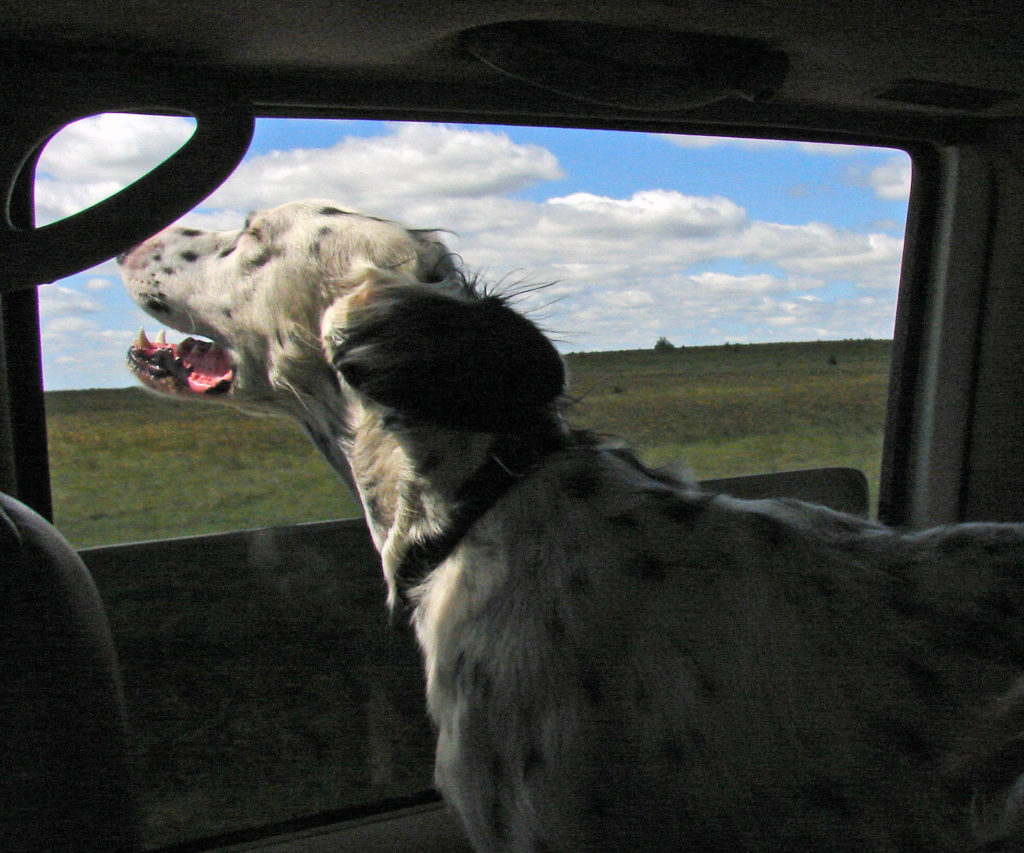How To: Travel With Pets

Travel Tips
With a little planning and preparation, your trip can be safe and enjoyable for you and your pets.
For all travel:
Always put a collar on your pet.
Make sure your pet’s rabies tags and ID tags are up to date with current phone numbers. Having a current photo of your pet with you could come in handy in case he or she gets lost.
Have your pet microchipped.
Excited pets can jump out of a vehicle or crate quickly when the door is opened. When in a strange place they may run or become confused and hard to catch. Collars and tags can come off leaving your pet with no identification. Keep your information current with the microchip company
Use a kennel .
Often times pets feel more secure in smaller spaces. Be sure to use plenty of absorbent material or paper in the bottom of the kennel in case of “accidents” or extended layovers where your pet may not be allowed a “potty break”.
Feeding.
Pets can sometimes become nauseated due to anxiety or motion sickness. For this reason don’t feed your pet within 2 hours of travel. Be sure to take plenty of your pet’s regular food with you. If you get low on food while traveling and your brand is not available, be sure to save enough of your pet’s regular diet to mix with the new food over several feedings. An abrupt diet change can cause diarrhea.
Nausea and anxiety.
Your veterinarian can prescribe medications to help with nausea and anxiety.
Have your veterinarian’s phone number as well as local emergency veterinary clinic for the area you are traveling in.
Veterinary needs.
Keep your veterinarians phone number handy along with a current copy of your pet’s vaccination history. Some places you take your pet may require this. If your pet is on medications, take enough plus a little extra to last the trip and unavoidable delays. If your pet has a chronic condition, a copy of his/her medical records could come in handy in case you are unable to reach your vet after hours.
Staying Overnight.
Call ahead and make sure that your hotel or camping area is pet friendly and ask what their requirements are. Bring along some comfort items from home. This can help your pet feel more at ease while away (favorite blanket, toys, and treats).
For Car Travel:
If your pet has never been on a car trip before, we recommend going on practice car rides before the actual trip to see how he/she is going to respond.
Keep bottles of water and a dish for your pet to drink out of in the car. Offer water at regular intervals.
Be sure to stop regularly for potty breaks, and don’t forget to bring waste bags for clean up!
For Air Travel:
Always check with your airline well in advance of your trip for their requirements regarding traveling with pets. All airlines require Health Certificates. Try to select non-stop flights to make traveling easier on your pet and to avoid delays.
For pets not allowed in the cabin area, keep in mind your pet may not be allowed to travel in the cargo area during temperature extremes.
Be sure to allow your pet a potty break before entering the airport as they won’t have a chance until you land.
When checking in, make sure your pet’s kennel is clearly and permanently labeled with all your contact information. Double check to make sure the airline’s destination tags are correct and securely fastened.
Domestic Health Certificates:
Exams and health certificates must be completed prior to travel based on your airlines requirements. In addition, it is recommended but not always required to have a domestic health certificate when traveling across state lines.
International Health Certificates:
It is extremely important when traveling internationally to check the requirements for importing pets to a foreign country. You must have an International Health Certificate in addition to the requirements of the country you are traveling to. It is very important to start this process early as it can be time consuming to get all the necessary forms approved prior to travel.
We at Kutter Pet Care refer out any USDA International Health Certificates to the University of Kansas. Please give us a call if you need help contacting them!
For international travel requirements by country, please visit:
https://www.aphis.usda.gov/regulations/vs/iregs/animals/
For more information check out these helpful websites:
